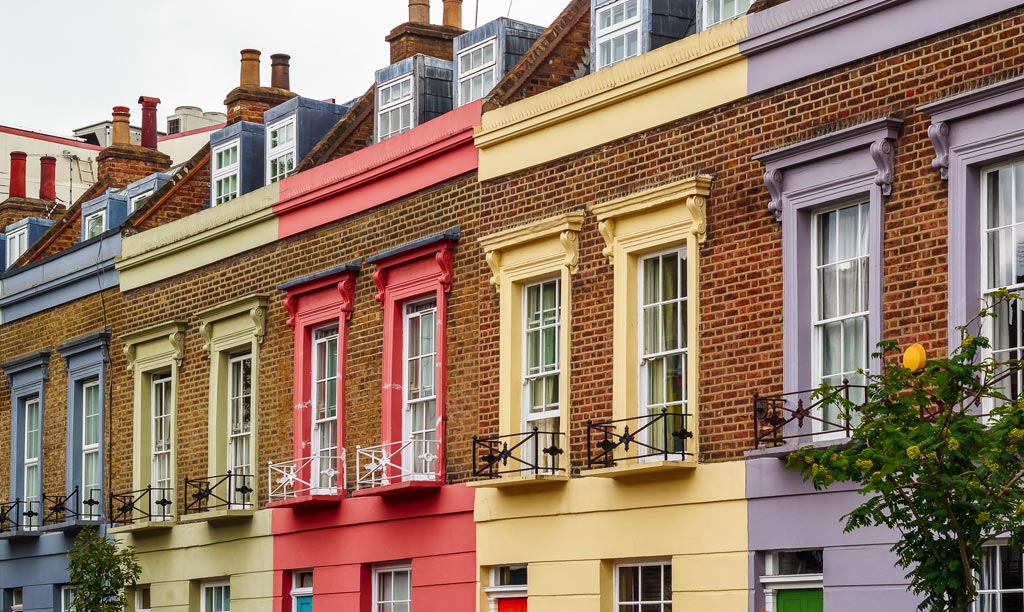Having just come out of the busy summer holiday season, we can’t help think about the Tour Operators’ Margin Scheme (we are VAT advisors after all). Given the more recent court cases highlighting ambiguities in its application, a casual observer might be surprised that TOMS is decades old. However, those on the inside will be aware that this is one of the least understood and loved areas of VAT...although that may change if the ultimate decisions in these cases open the scope for significant VAT savings...as indeed they might.
Based on the effects of Brexit and recent cases there appears to be a renewed focus on TOMS and the benefits which can be derived from it to any business buying in and selling on accommodation, transportation, or excursions in whatever form that may take. That includes accommodation bought in and supplied on to conference delegates, having the potential to alter the VAT liability the supply!
Case in point
In one case heard last year (Sondar Europe Ltd), the application of TOMS would represent a significant tax saving to the taxpayer if its supplies fall within the regime. The taxpayer involved in this case buys in residential accommodation on 'long term lets' status and then makes onward supplies of 'short-term holiday lets', which may or may not include furnishing the property.
HMRC tried to argue that TOMS didn’t apply due to the following:
- The taxpayer was not a travel agent, tour operator or similar.
- There was a material alteration to the service bought in and sold.
The Tribunal found that “or similar” should have a broad meaning and the provision of short term accommodation is exactly the type of service a tour operator or travel agent would provide.
On the question of whether the supply is “materially altered” the Tribunal found that as there was a purchase of accommodation and a sale of accommodation by the taxpayer, so there was no material alteration even where the term of the letting was significantly different.
HMRC have appealed but if it is ultimately found that the long term to short term lease model does not “materially alter” the supply and TOMS apply then VAT would only need to be declared on the profit margin (rather than the whole supply). Since long term leases of residential property are exempt, there is no VAT incurred in the purchase to offset against VAT due on the sale so accounting for VAT on the profit margin would potentially save Taxpayers with this business model considerable sums of VAT.
In another case that came to us recently a small organisation running music retreats was concerned that it had breached the registration threshold. When we got into the detail, we discovered that TOMS applied to its supplies. Although turnover had exceeded the registration threshold, the relevant turnover for TOMS supplies is the profit margin. We were able to draft a report for the engaged firm providing comfort that they had not missed a VAT registration breach and how to monitor this going forward.
We are seeing an increasing number of cases referred from firms with clients where TOMS comes into play, either very obviously or as an ancillary element of a wider supply. Sometimes the mandatory application of TOMS can be very helpful, other times it’s a huge headache and potentially a very costly miss. In any event, keep an eye out for any businesses buying in and selling on accommodation, transportation, or any type of excursion, whether supplied on at cost, individually or as part of any other supply, there might be a hidden cost or opportunity.




























